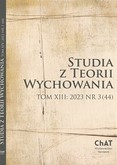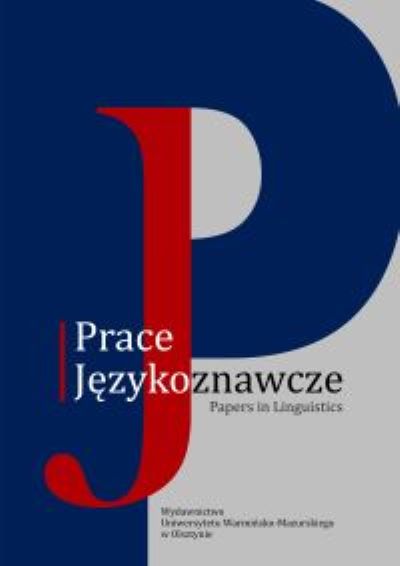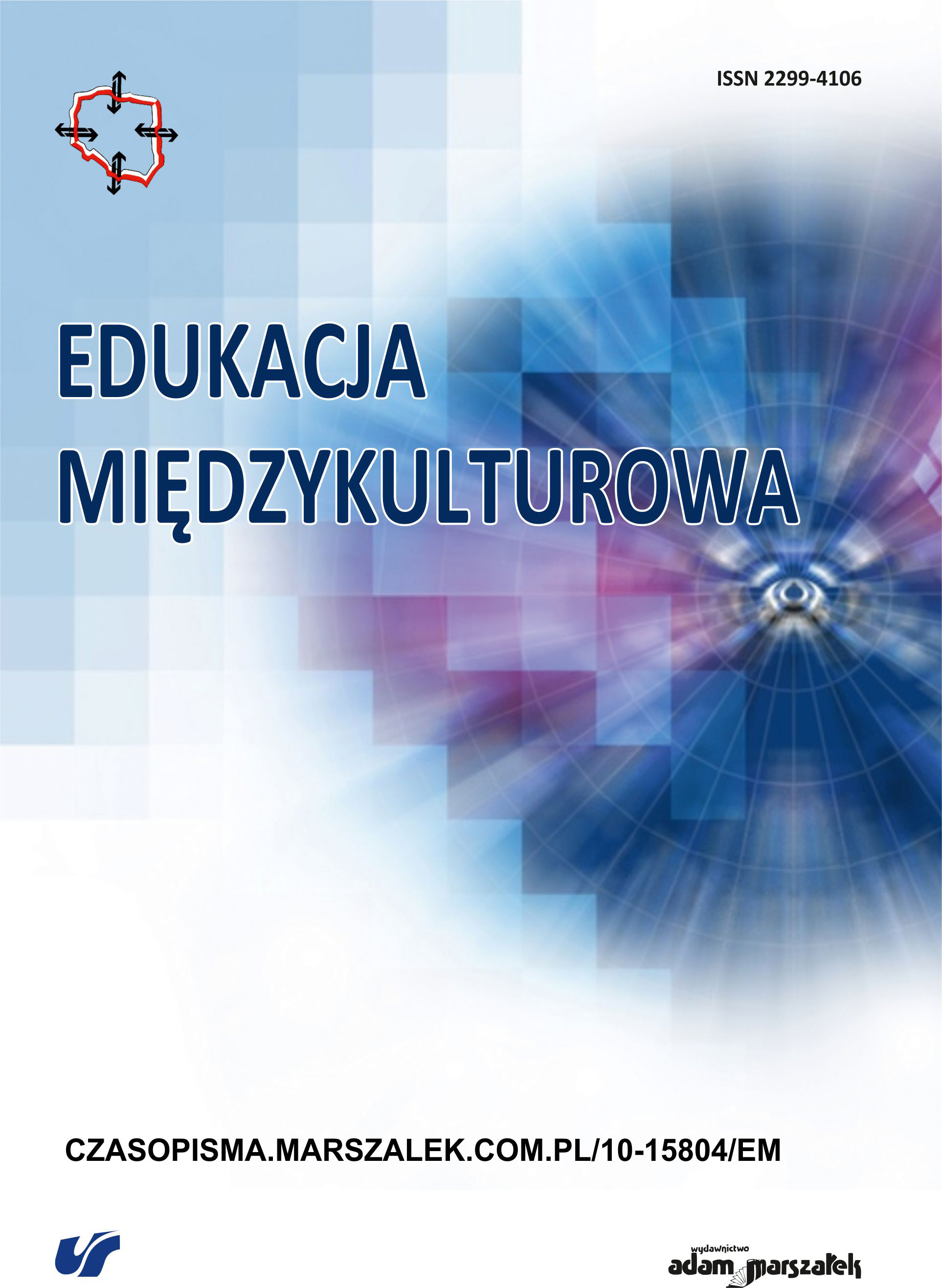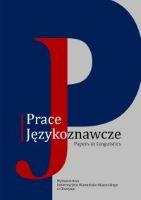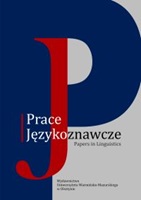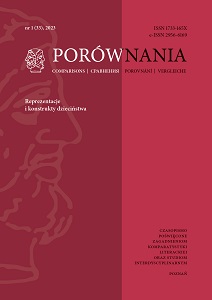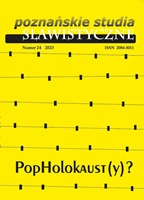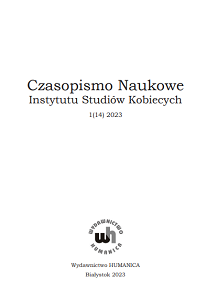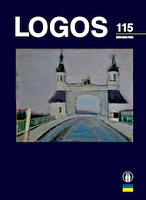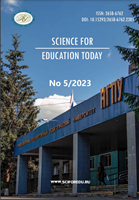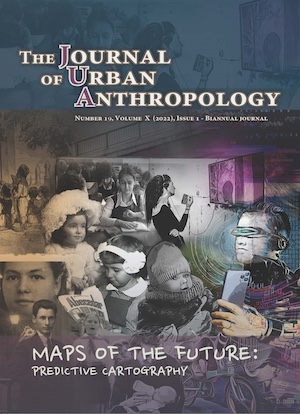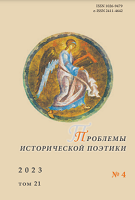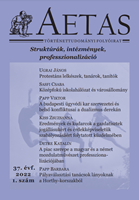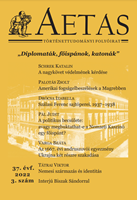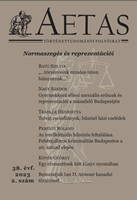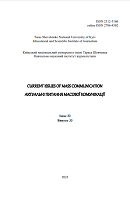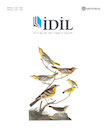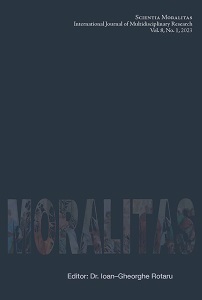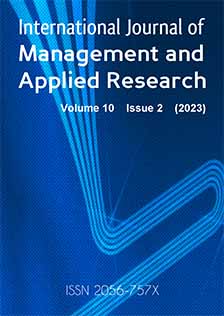
Design Thinking as Pedagogy in Practice
Design Thinking is gaining considerable attention across various domains including education; however its use in Executive Education has not been documented much in the literature to date. By integrating Design Thinking principles and methodologies into the curriculum for Executive learners, we highlight the benefits and outcomes of using Design Thinking as a pedagogical approach. This study explores the effective application of Design Thinking as pedagogy in two modules of an Executive MBA programme at Newcastle University Business School. Through a combination of blended learning materials and experiential, collaborative projects with client organizations, we set out how learners were immersed in a human-centred problem-solving process, developing creativity, empathy, and the ability to identify innovative solutions to complex business challenges. The study presents data gathered from client feedback and learners' reflective assessments, demonstrating the effectiveness and impact of Design Thinking as pedagogy. The integration of Design Thinking principles empowered learners to feel able to lead change initiatives within their organizations in their respective discipline areas effectively. This study contributes to the literature on effective educational approaches in Executive Education, emphasizing the potential of Design Thinking as pedagogy in practice to equip learners with the skills and mindsets necessary for driving organizational innovation and sustainability.
More...
